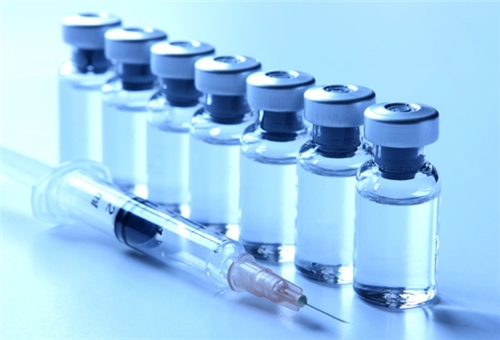 TEHRAN (FNA)- Iranian pharmaceutical researchers from Mashhad University of Medical Sciences obtained promising results for the production of a vaccine to treat Leishmaniasis.
TEHRAN (FNA)- Iranian pharmaceutical researchers from Mashhad University of Medical Sciences obtained promising results for the production of a vaccine to treat Leishmaniasis.The vaccine has a simple and cost-effective production method, and if the research stages are complete, it will create hope for the industrial production of the vaccine in the country.
Dr. Mahmood Reza Ja�fari, a member of the Scientific Board of Mashhad University of Medical Sciences, explained about the research, and said, "Leishmaniasis is one of the common diseases between human and animals, which is caused by parasites. Depending on the parasite type and immunity respond of the host, the severity of the diseases varies from a limited skin infection to fatal level. Although numerous researches have so far been carried out all over the world, there is still no vaccine for Leishmaniasis in the market. Therefore, the invention of a vaccine for Leishmaniasis was out main objective of this research."
Injection of the vaccine into a group of mice (BALB/c mice) triggered their cell immune system. The produced vaccine is very effective in the protection of the mice against the parasitic disease. BALB/c mice are much more sensitive to Leishmaniasis parasite; therefore, if a vaccine is effective on the mice, it will surely be more effective on humans who are stronger against Leishmaniasis infection.
According to Dr. Ja�fari, since the produced liposome is small in size, most of them are absorbed by lymphatic system subcutaneous injection, and they are gathered in lymphatic nodes by APC cells with very high performance. Then, antigens dissolved in liposome are released in APC cell. It triggers cell immune system, and protects mice against the challenge with the living parasite of Leishmaniasis. The researchers are currently studying the stabilization of the produced vaccine. After achieving this goal, the liposome should be produced in clean environment and the required certificates should be attained. Then, clinical tests will be carried out on patients.
All the requirements for industrial production of the vaccine are available in the country. Results of the research have been published in Acta Tropica, vol. 128, issue 3, August 2013, pp. 528-535.
By Fars News Agency
The Iran Project is not responsible for the content of quoted articles.











